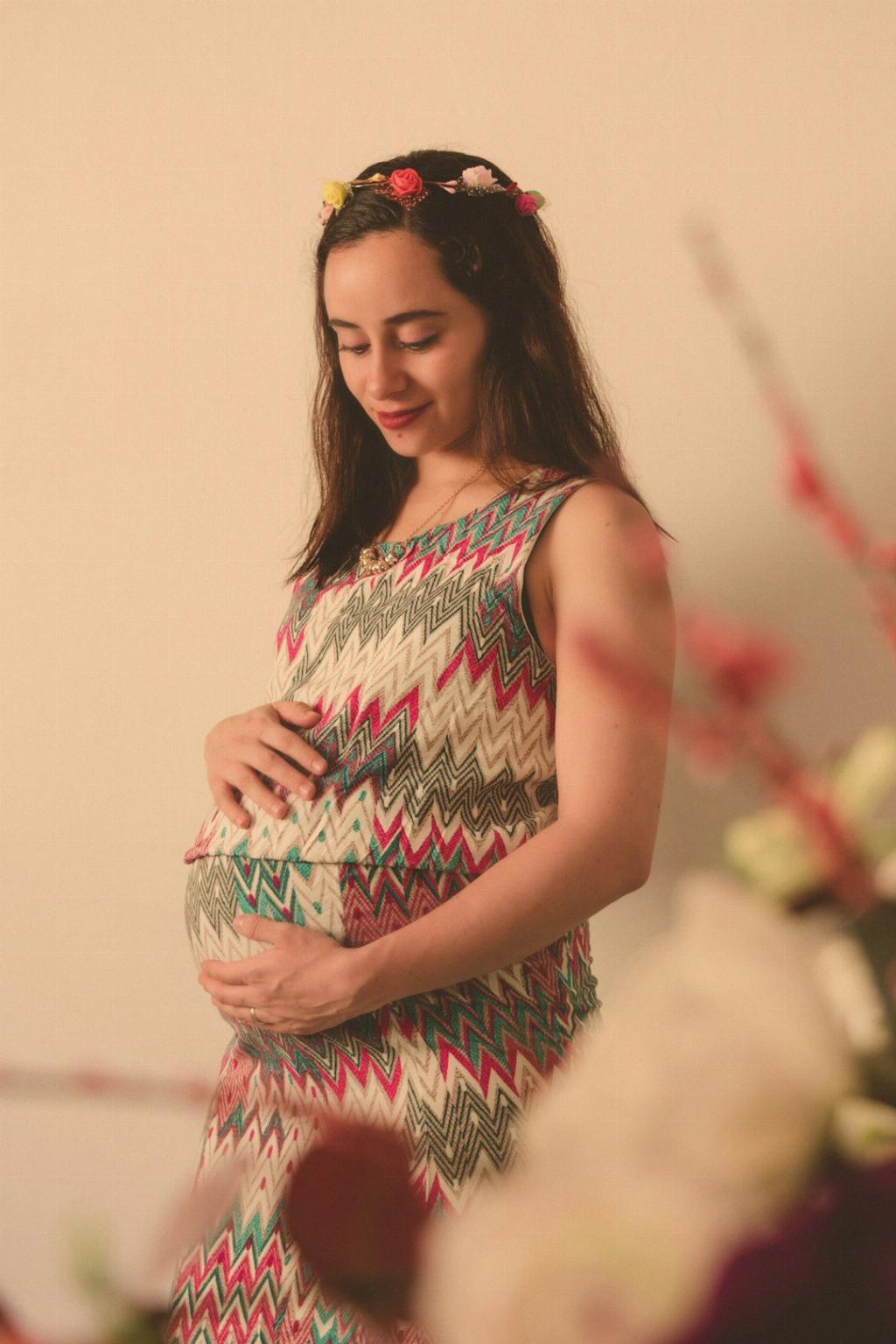When it comes to the exciting yet nerve-wracking journey of trying to conceive, the question often arises: What is the best day past ovulation (DPO) to get a positive pregnancy test? While there is no one-size-fits-all answer to this query, experts in the field of reproductive health typically recommend waiting until the morning of your next expected period to take a pregnancy test. This usually aligns with around 14 DPO for individuals with a regular 28-day menstrual cycle.
It’s important to note that the human body is incredibly diverse, and menstrual cycles can vary in length and ovulation timing from person to person. Factors such as stress, hormonal imbalances, and certain medical conditions can also impact the predictability of one’s cycle. Therefore, pinpointing the precise best DPO for a positive pregnancy test can be a somewhat fluid concept.
For those who are actively trying to conceive, the anticipation leading up to taking a pregnancy test can be both exhilarating and anxiety-inducing. The desire for a positive result often fuels a range of emotions, from hope and excitement to fear and doubt. It’s essential to approach this process with a blend of optimism and realism, understanding that fertility is a complex journey marked by both highs and lows.
While many individuals may feel tempted to take an early pregnancy test in the hopes of detecting a positive result sooner, it’s essential to exercise patience and follow evidence-based guidelines. Testing too early can lead to false negatives due to insufficient levels of the pregnancy hormone hCG (human chorionic gonadotropin) in the bloodstream. Waiting until around 14 DPO can increase the accuracy of the test and reduce the likelihood of receiving a misleading outcome.
Timing is crucial when it comes to fertility testing, as the sensitivity of pregnancy tests can vary depending on the brand and type used. Some tests may be able to detect hCG levels earlier than others, offering the potential for an earlier positive result. However, it’s vital to balance this eagerness with the understanding that waiting until closer to the expected period can enhance the reliability of the test.
Factors such as implantation timing, hCG production rates, and individual variations in hormone levels can all influence the timing of when a pregnancy test will yield a positive result. It’s important to recognize that every person’s fertility journey is unique, and what works for one individual may not necessarily apply to another. Keeping a compassionate and open mindset throughout the process can help navigate the highs and lows of trying to conceive.
For individuals who may be experiencing challenges with fertility or have underlying medical conditions affecting their reproductive health, seeking guidance from a healthcare provider or fertility specialist can offer valuable insights and support. Understanding one’s menstrual cycle, ovulation patterns, and potential fertility concerns can empower individuals to make informed decisions about their reproductive health.
As the journey toward parenthood unfolds, it’s essential to embrace both the excitement and uncertainty that come with trying to conceive. Staying attuned to one’s body, practicing self-care, and seeking emotional support when needed can all contribute to a more positive and resilient fertility experience. Remember that each step along the way, including the timing of a pregnancy test, is a part of the larger narrative of building a family.
In conclusion, while there may not be a definitive answer to the question of the best DPO to get a positive pregnancy test, waiting until around 14 DPO aligns with expert recommendations and can enhance the accuracy of the test. Balancing patience with optimism, seeking guidance when necessary, and embracing the journey of trying to conceive with compassion and resilience are essential aspects of navigating the path toward parenthood.

